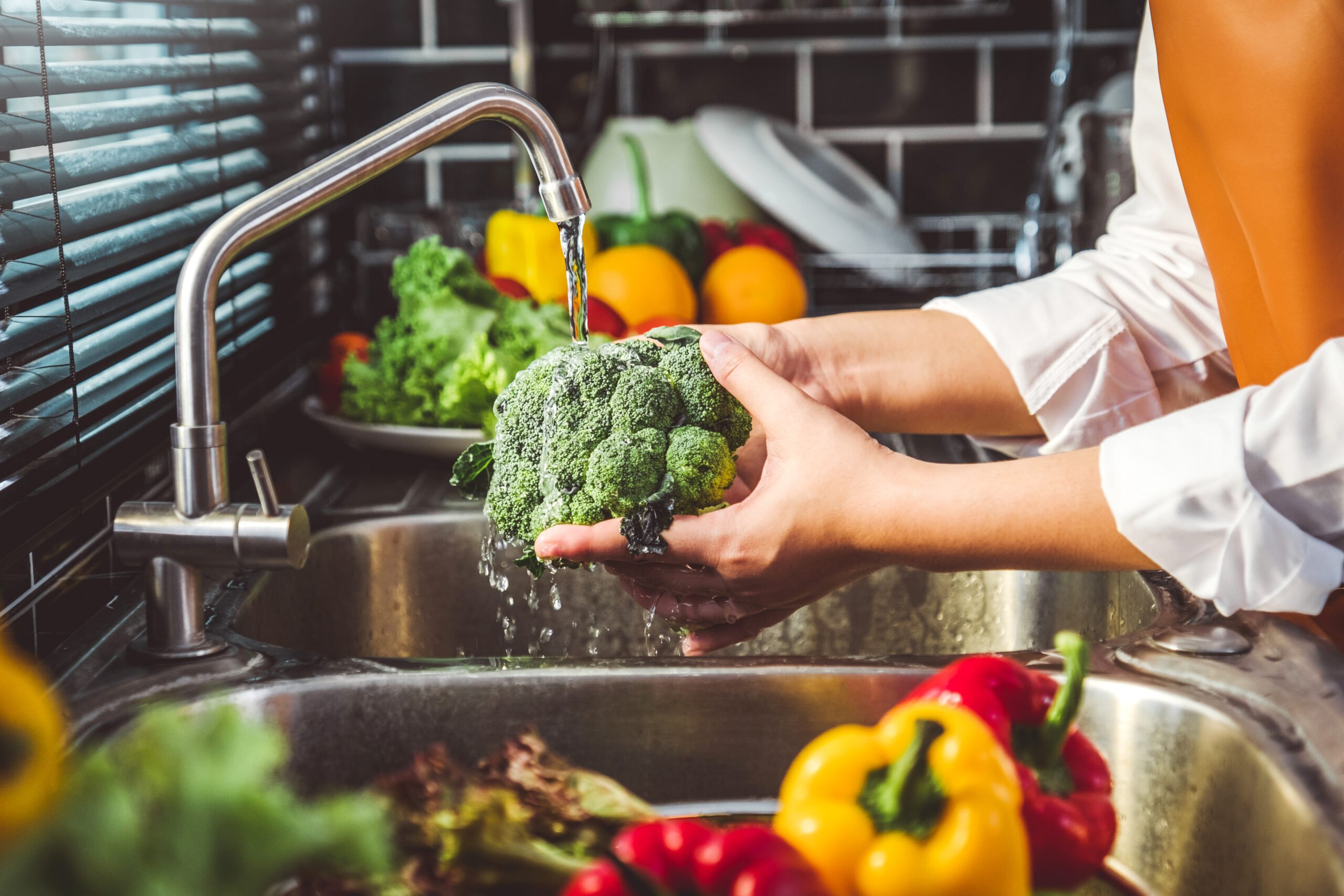Cooking is an activity that is important for physical and mental health. For people with disabilities, it can be especially beneficial. Adaptive kitchen equipment and techniques can help individuals with disabilities to participate in cooking activities. For instance, people with limited mobility may use kitchen tools that are easier to grip, while those with visual impairments may use tactile measuring cups or colour-coded cutting boards.
Furthermore, individuals with intellectual and developmental disabilities may benefit from visual or verbal cues to help them remember the steps involved in cooking.
The NDIS can fund meal preparation and delivery services for people who need assistance with food preparation and delivery because of a disability. A registered NDIS provider must provide this service and can be funded through NDIS plans that include assistance with daily living.
Sometimes the nature of disability means participants might need extra support when it comes to cooking. For some people, it’s support to identify and follow a nutritious and healthy eating plan. For others, it’s upskilling in the kitchen, from needing help to shopping for ingredients to preparing the meal.
And sometimes, it’s organising a delivery of ready meals to keep in your freezer and heat and eat.
NDIS Funding is for Meal Preparation, Not Ingredients
The NDIS website clearly states that participants can’t use their NDIS funding to pay for food or ingredients. This is because everyone in Australia has to pay for ingredients to cook their food, or for ready meals, eating out at restaurants or buying takeaway food.
However, participants may be able to use their funding to support workers in helping in the garden so they can grow as much of their fresh produce as possible. Participants use their money to buy seeds, seedlings, fruit trees, or raised garden beds. They then use the funding for a support worker to maintain the garden by watering, pruning fruit trees and harvesting the fruits and vegetables.
Meal Kits
Participants may use their money to order meal delivery kits and then use their NDIS funding for a support worker to help cook, plate up and serve the meal (and help with the clean up afterwards).
Ready Meals
There may also be times when participants can’t do the cooking and may need to organise a delivery of ready meals.
If meal preparation support is included in their NDIS plan, they can decide which provider supports them in preparing meals. This support comes from your Core Supports budget and is flexible. It also means that if they have a temporary change of circumstances, they can change to meal preparation and delivery without changing their NDIS plan.
Some meal delivery providers will itemise the cost of ingredients, so Participants pay that cost directly from their pocket. For example, some divide the cost of their meals into the NDIS rebate portion (meal preparation and delivery) and a participant co-payment (which is the cost of ingredients). You pay the co-payment separately using a debit or credit card.
Other forms of Nutrition
Suppose Participants require nutritional support like Home Enteral Feeding (sometimes provided by a nasogastric tube or NGT or directly into the stomach via a percutaneous endoscopic gastrostomy or PEG). In that case, they may be eligible for disability-related nutrition support.
These could include:
- a dietitian to work with participants to create a disability-related meal plan
- support to help participants follow a meal plan
- feeding equipment
- products to help participants eat safely and get the Nutrition they need, like food thickeners
- support to manage participant’s feeding
Cooking Classes for NDIS Participants
People need to learn basic cooking skills to access healthy meals and snacks. NDIS participants can learn to cook. Many NDIS providers offer cooking classes or workshops tailored to NDIS participants’ needs.
Here are a few culinary classes for NDIS Participants:
- Enable Cooks: Enable Cooks to offer cooking classes for NDIS participants, teaching them to make healthy meals from scratch. Courses cover various topics, from basic knife skills to advanced culinary techniques. The Social Cook – The Social Cook offers NDIS participants cooking classes focusing on teaching healthy eating habits and Nutrition. They also provide courses on meal planning and budgeting.
- The Cookery Connection: The Connection provides NDIS participants with hands-on cooking classes and demonstrations. Participants learn how to make nutritious meals, as well as how to budget and plan meals.
- A Taste of Home: A Taste of Home provides NDIS participants with cooking classes focusing on healthy and delicious meals. Participants learn how to create meals from scratch and get tips on food safety and budgeting.
- Cooking with Ability: Cooking with Ability offers NDIS participants the opportunity to learn how to cook meals from scratch. Participants learn how to make healthy meals, as well as how to plan meals and budget.
If you are interested in becoming an NDIS Provider and possibly even have the want and experience to start a culinary or delivery service, please contact us here. One of our team will be in touch to answer any questions you have.
SOURCES | NDIS ‘Food and meal preparation’ |





